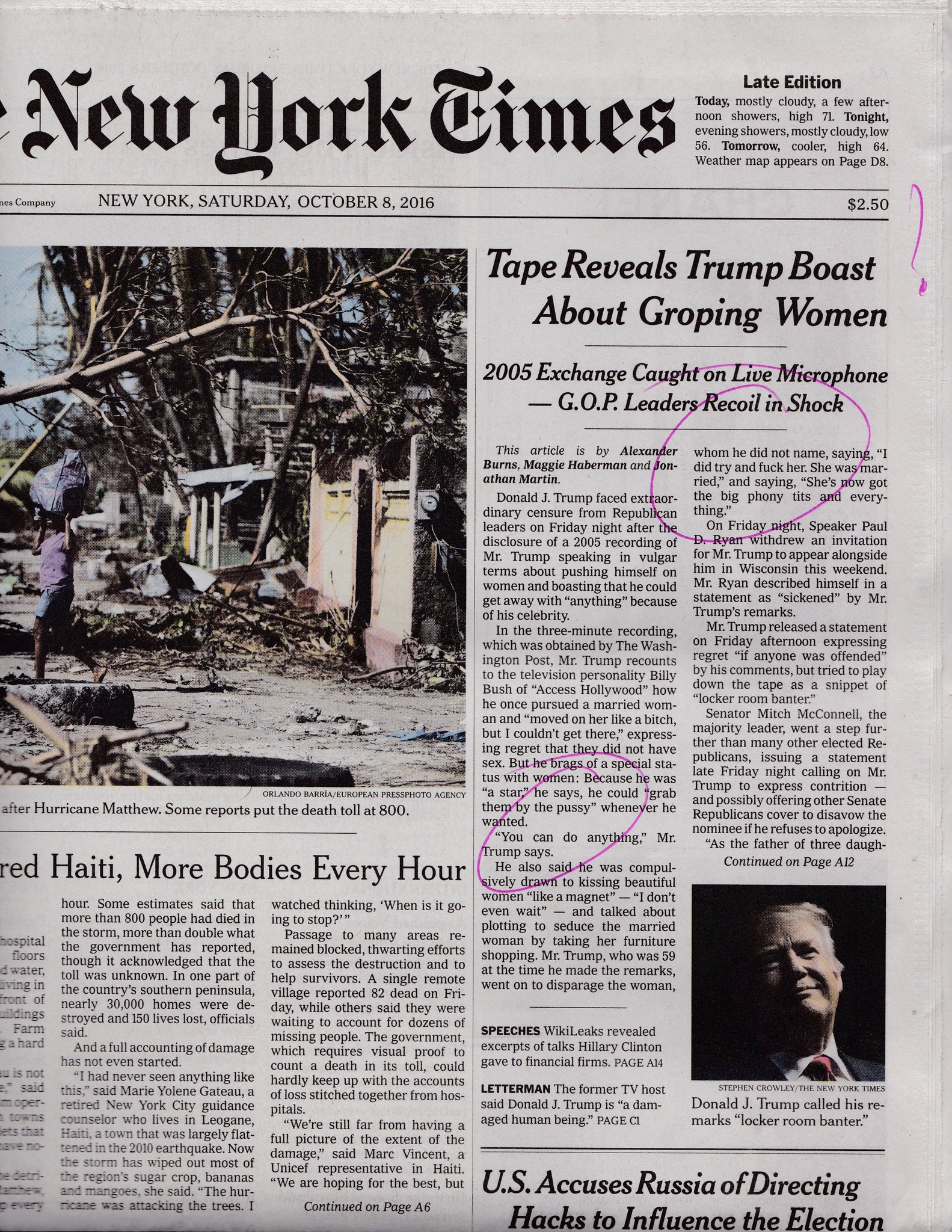Most books, you just pick up and read, more or less straight through. At least I do, unless I put the long complicated novel aside for a little detour through a fast mystery. But then there are the books that have a year as an organizing principle. And because I have some deep seated necessity to make order of things, I cannot read that sort of book in one go. Instead, I read the January chapter in January, the May chapter in May, taking a full year to read it. If it's a cookbook, like Nigel Slater's The Kitchen Diaries, I might find myself puttering around in front of the stove, making something with rhubarb when the rhubarb is freshly sending up its pink stalks. A gardening book, like Henry Mitchell's One Man's Garden, has me making lists of bulbs for fall planting in April and contemplating the location of a plot for spring peas, to be prepared and dug in November for March planting.
Last year for Christmas, my mother-in-law gave me a book of Verlyn Klinkenborg's little essays, called The Rural Life. For a time, he had an irregular column on the editorial page of the New York Times, where he waxed rhapsodic about so many things, like snow in January:
By nightfall the snow in the fields was fox-deep.
And spending in March:
Living in the country you learn to spend money in the meanest ways, and you also learn the most extravagant parsimony.
Reading September in September, I was dumbstruck last month, when on September 11 I came across his passage about September 11.
On the first Friday after that sudden Tuesday, I took an afternoon train back homeward out of Manhattan and into the country. Do you remember the day? [snip] Life is bearing witness. In some superficial sense the morning of September 11 sifted us all into difference circles of witnessing. Some people narrowly escaped the collapsing towers. Others watched in terrified safety from windows and rooftops further uptown, Many, like me, saw it live on television from midtown, while an incalculable number of people around the county and the world watched as the tapes were replayed into the night and the coming days. But we're all witnesses, no matter what we saw or how we saw it. Our burden is very different from the burden the victims bore and their families still bear, but it's no less real. Witnessing is a matter of knowledge and of conscience. We know what we saw, and yet we watch the televised tapes play over and over again because we disbelieve what we know.
I've gone back and read that passage several times over, thinking on so many disasters, natural and otherwise, and how we do witness, disbelieving what we're seeing. This election year is a good example.
Yesterday, I found myself on the train to New York without the newspaper (I'd forgotten it) and with a pitiful charge on my more-than-three-years-old-phone (the only problem with which is the pitiful battery). Happily I had the Klinkenborg, but I had to break the rule of read November in November and read December in December, because what was I going to do? Be rigid, or read? I read.
He is a lovely writer and manages to make even a horrible destructive heavy wet December snow sound beautiful:
The snow that fell at home this past weekend was a predatory snow, heavy, wet and punishing. It fell hastily, clumsily, and by the time the storm ended, there was as much precipitation stacked overhead in the tangled woods, waiting to precipitate, as there was on the ground.
Precipitation waiting to precipitate.
* * * * * * * * * * * * * *
Fall is that time when trees change from green to gold and scarlet, the hosta looks decidedly rough around the edges, the tomato plants are mere skeletons though yet with fruit.
And on October 16th, my patient impatiens are still blooming their little hearts out. The suburban life, it is confounding.







